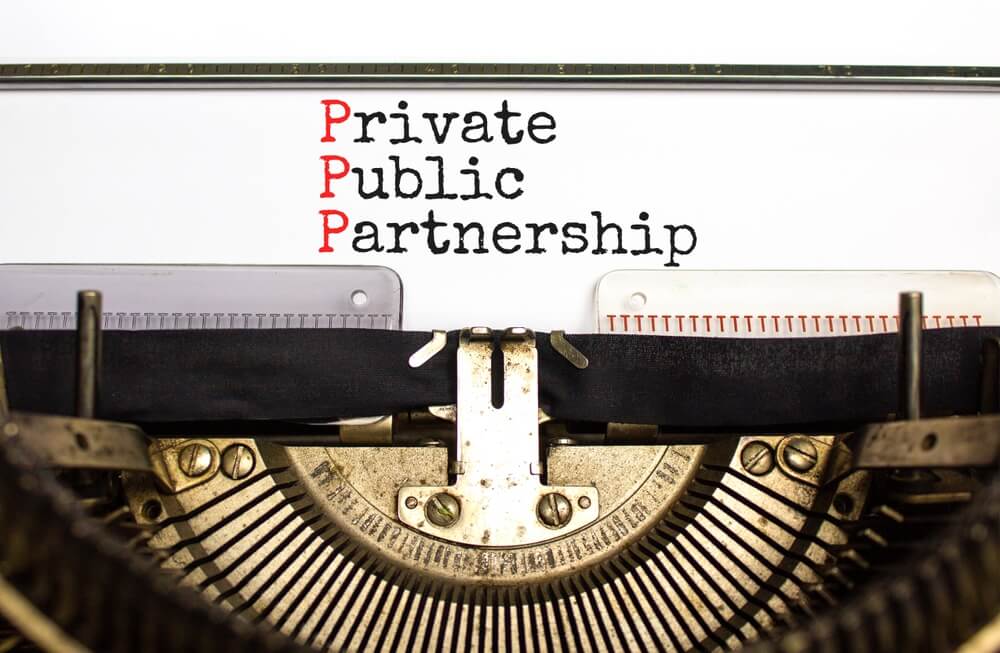Cross-Sector Partnerships for Talent Exchange and Skill Development

As the digital age transforms industries, work is becoming increasingly dynamic, requiring adaptability and agility from employees. This demand for an agile workforce stems from the rapid evolution of technology, globalization and shifting consumer needs. Government agencies, however, often need to work on keeping pace with this change due to bureaucratic processes, outdated systems and a lack of specialized talent.
Public-private partnerships bridge this gap by facilitating talent exchange, knowledge sharing and skill development between the public and private sectors. Leveraging the expertise and resources of both parties enables governments to access the latest skills and innovations while fostering collaboration for more effective policymaking and service delivery.
Benefits for Government Agencies
Government agencies gain numerous benefits from partnerships with private entities. Collaborating with the private sector allows agencies to tap into specialized expertise, innovative solutions and additional resources to address complex challenges.
Enhanced Access to Talent
Public-private partnerships offer government agencies access to a broader talent pool by facilitating collaboration with skilled professionals from the private sector. Agencies can harness private sector professionals’ expertise and fresh perspectives through temporary exchanges, internships and mentorship programs.
Moreover, temporary exchanges allow knowledge transfer and cross-pollination of ideas, while internships provide opportunities for hands-on experience and skill development. Mentorship programs, in particular, are invaluable for employee growth and retention. In fact, 49% of employees feel stagnant in their roles without access to such programs.
These initiatives enhance government employees’ capabilities and foster stronger relationships between the public and private sectors. They also drive innovation and efficiency in government operations.
Knowledge Sharing and Innovation
Collaboration with private sector experts fuels innovation and facilitates knowledge transfer for government agencies. Platforms like the Henry Ford Archive of American Innovation’s inHub exemplify this goal, aiming to bridge opportunity gaps by granting access to a vast repository of artifacts.
Through joint research projects, workshops and technology exchange programs, government agencies can access the latest advancements and expertise from the private sector. This can foster a culture of innovation and continuous learning. These initiatives drive progress and cultivate stronger partnerships between public and private entities, benefitting both industries and society.
Building a More Agile Workforce
Exposure to private sector practices equips government employees with valuable skills to adapt and operate more efficiently. Fostering a culture of continuous learning within the public sector is essential to staying abreast of evolving trends and best practices. Similarly, reinvention is crucial in enabling the sector to anticipate and effectively navigate future scenarios.
To integrate private sector methodologies into government processes, agencies can establish cross-sector collaboration initiatives, provide training programs and implement agile project management approaches. Embracing innovation and learning from private sector counterparts can enhance their effectiveness and better serve the citizens’ needs.


Government agencies gain numerous benefits from partnerships with private entities.
Enhancing Program Effectiveness
Successful public-private partnerships require careful planning and execution tailored to both parties’ needs and goals. Clear communication is paramount to ensure alignment of objectives and expectations. At the same time, well-defined roles and responsibilities prevent confusion and promote accountability. Meanwhile, robust evaluation methods enable continuous improvement and ensure the partnership remains on track to achieve its intended outcomes.
Governments and private sectors must prioritize relationship-building activities to foster long-term partnerships and ongoing collaboration. These activities include regular meetings, joint workshops and knowledge-sharing sessions. Both parties can leverage their strengths to drive innovation and effectively address complex challenges by cultivating trust and understanding.
Further, successful partnerships must align the government organization’s business interests and the private sector participants’ passions to secure valuable outcomes for the public sector. Government agencies should seek partners whose expertise and resources complement their objectives. At the same time, private entities should be motivated by more than just financial gain.
Emphasizing shared values and mutual benefits strengthens the partnership’s foundation. It fosters a sense of purpose and commitment among all stakeholders. By prioritizing collaboration and aligning interests, partnerships can achieve sustainable success and benefit society.
Overcoming Challenges of Partnership Implementation
While navigating public-private partnerships, it’s essential to acknowledge potential challenges like bureaucratic hurdles and differing work cultures. However, organizations can overcome these challenges through solutions including:
- Clear communication: It ensures all parties are on the same page.
- Well-defined goals: Entities must align these objectives with the partnership’s mission.
- Standardized procedures: They can streamline collaboration and decision-making processes.
Addressing these challenges head-on and implementing effective strategies can help these partnerships unlock their full potential. It also drives meaningful outcomes for the public and private sectors.
Embracing Collaboration with Cross-Sector Partnership Opportunities
Government employees must advocate for and actively participate in public-private partnership programs. These initiatives offer employees opportunities to gain valuable skills, collaborate with industry experts and contribute to innovative solutions that benefit society.
Want new articles before they get published? Subscribe to our Awesome Newsletter.

CAREER ADVICE

GOV TALK
